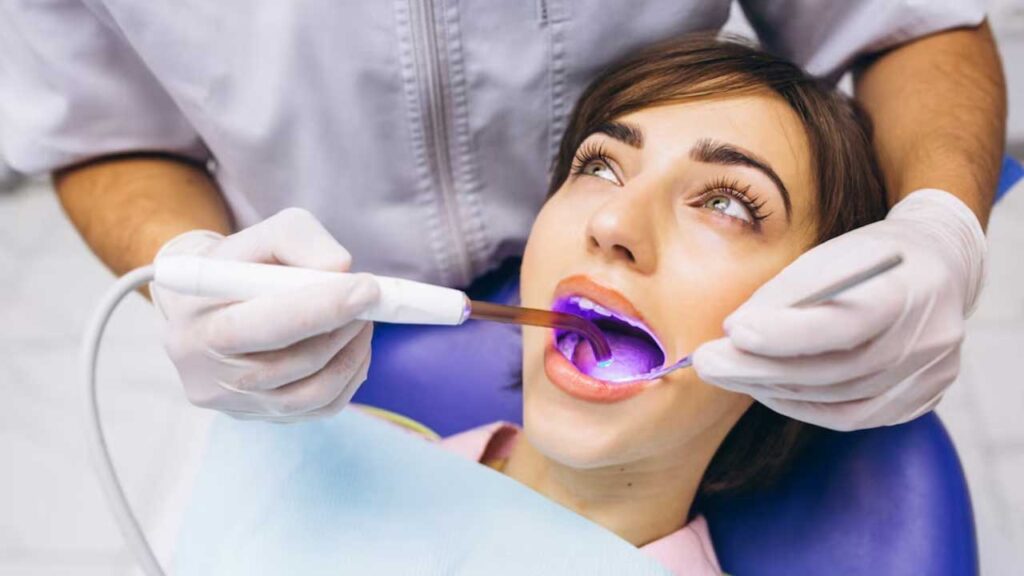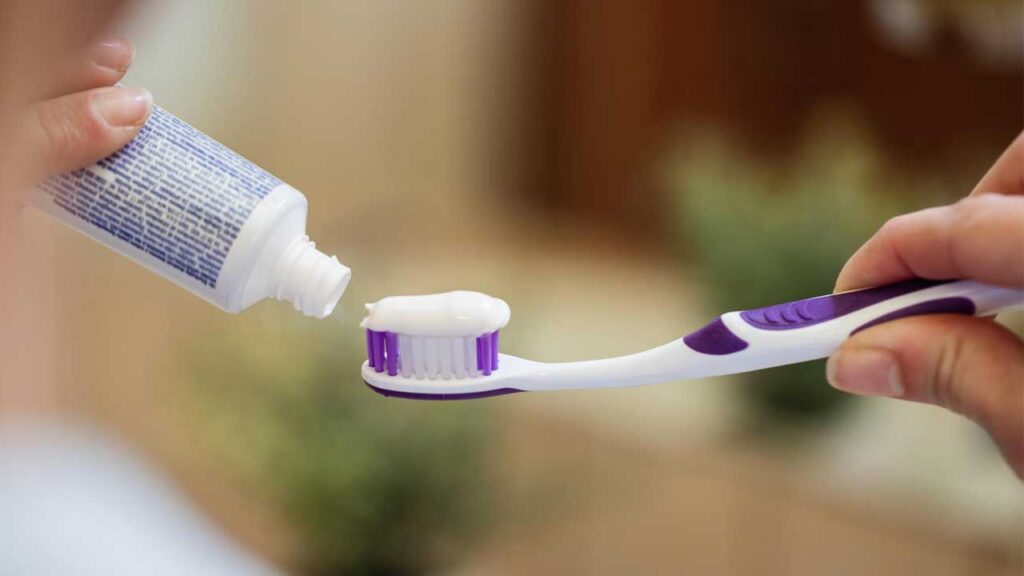Tooth sensitivity is a common problem that affects people of all ages. It is characterized by a sharp and sudden pain in the teeth when exposed to hot, cold, sweet or acidic foods and drinks. This sensitivity is caused by the exposure of the dentin, the layer beneath the enamel, which contains tiny nerve endings. Toothpaste for sensitive teeth is a popular solution to this problem. In this blog, we will discuss the pros and cons of using a toothpaste for sensitive teeth and what you need to know before using it.

Pros of Using a Toothpaste for Sensitive Teeth
1. Relief from Pain
The primary benefit of using a toothpaste for sensitive teeth is pain relief. These toothpastes contain ingredients like potassium nitrate, stannous fluoride, and strontium chloride that block the nerve endings in the dentin, reducing sensitivity and pain.
2. Prevents Further Damage
Toothpaste for sensitive teeth also helps prevent further damage to the teeth. Sensitive teeth are more susceptible to erosion and decay, and using a toothpaste designed for sensitivity can help protect the enamel and prevent further damage.
3. Improves Oral Health
Toothpaste for sensitive teeth also improves overall oral health. These toothpastes contain fluoride, which strengthens the enamel and prevents tooth decay. They also help to remove plaque and prevent gum disease.
4. Widely Available
Toothpaste for sensitive teeth is widely available, and you can find them in most drugstores and supermarkets. They are also affordable and come in a variety of flavors, so you can find one that suits your taste.
Cons of Using a Toothpaste for Sensitive Teeth
1. Takes Time to Work
Toothpaste for sensitive teeth takes time to work. You may need to use it regularly for a few weeks before you start to notice a difference in sensitivity. It is not a quick fix, and you need to be patient to see the results.
2. Not Suitable for Everyone
Toothpaste for sensitive teeth is not suitable for everyone. If you have severe tooth sensitivity, you may need to see a dentist for treatment. Also, some people may be allergic to the ingredients in toothpaste for sensitive teeth, and it may cause irritation.
3. May Have Side Effects
Toothpaste for sensitive teeth may have side effects. Some people may experience tooth sensitivity or gum irritation when using these toothpastes. It is essential to read the label and follow the instructions carefully.
4. May Not Be Effective for All Types of Sensitivity
Toothpaste for sensitive teeth may not be effective for all types of sensitivity. If your tooth sensitivity is caused by a more severe underlying condition like gum disease or tooth decay, you may need to see a dentist for treatment.
FAQs For Pros of Using a Toothpaste for Sensitive Teeth
Q: Can toothpaste for sensitive teeth be used every day?
A: Yes, toothpaste for sensitive teeth can be used every day.
Q: How long does it take for toothpaste for sensitive teeth to work?
A: Toothpaste for sensitive teeth takes time to work. You may need to use it regularly for a few weeks before you start to notice a difference in sensitivity.
Q: Can toothpaste for sensitive teeth cause gum irritation?
A: Yes, toothpaste for sensitive teeth may cause gum irritation in some people. It is essential to read the label and follow the instructions carefully.
Q: Is toothpaste for sensitive teeth suitable for everyone?
A: Toothpaste for sensitive teeth is not suitable for everyone. If you have severe tooth sensitivity, you may need to see a dentist for treatment.
Q: Is toothpaste for sensitive teeth effective for all types of sensitivity?
A: Toothpaste for sensitive teeth may not be effective for all types of sensitivity. If your tooth sensitivity is caused by a more severe underlying condition like gum disease or tooth decay, you may need to see a dentist for treatment.
Toothpaste for sensitive teeth is a popular solution to tooth sensitivity. It offers pain relief, prevents further damage to the teeth, and improves overall oral health. However, it may take time to work, may not be suitable for everyone, and may have side effects. If you have severe tooth sensitivity or an underlying dental condition, it is essential to see a dentist for treatment. Consult with your dentist to determine if toothpaste for sensitive teeth is right for you.


1 thought on “The Pros and Cons of Using a Toothpaste for Sensitive Teeth: What You Need to Know”